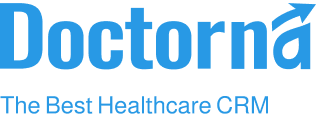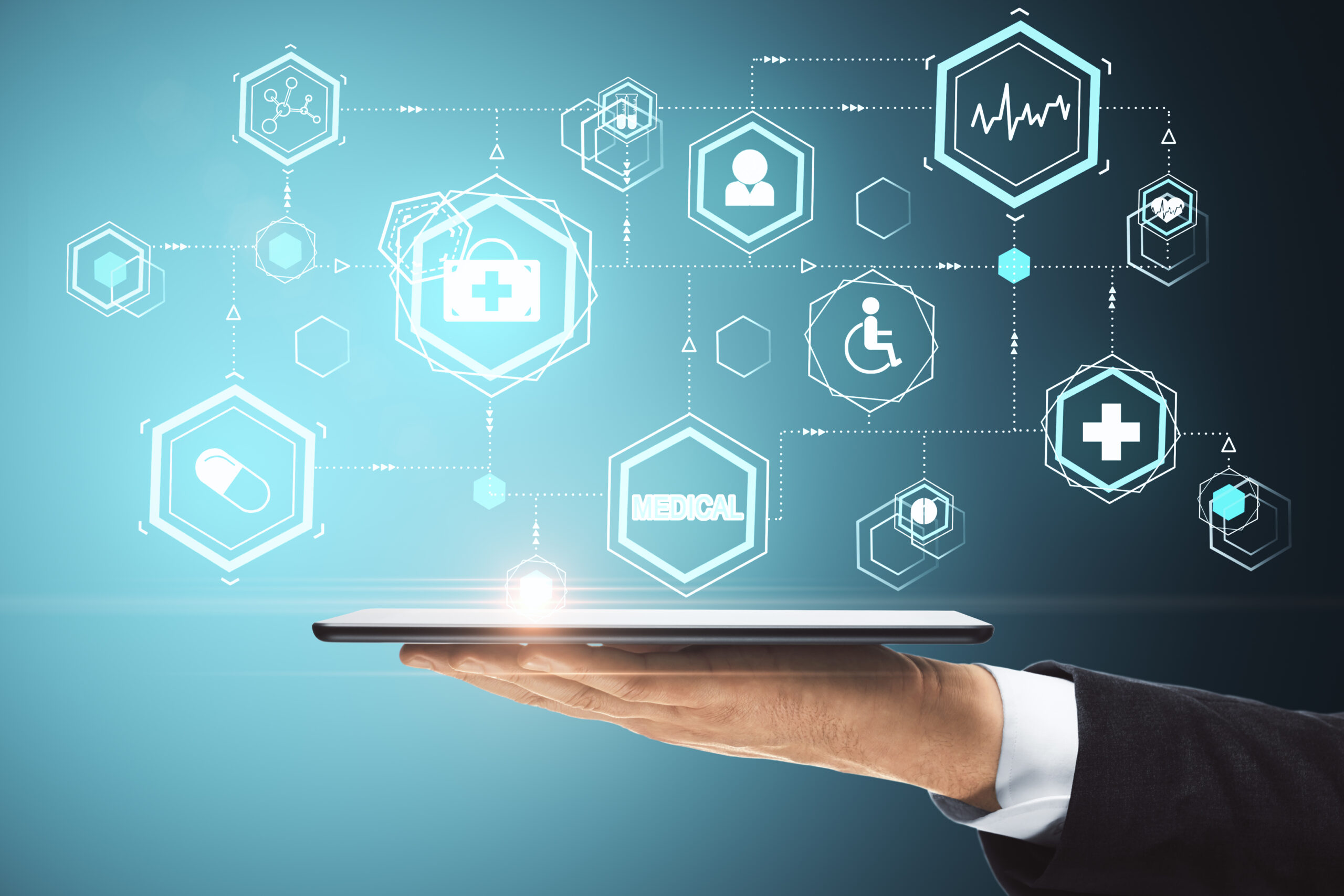Understanding the Benefits of Using Hospital CRM System for Multi-Specialty Hospitals
In today’s competitive healthcare environment, large-scale medical facilities face a unique challenge: delivering personalized, high-quality care to thousands of patients while managing complex operations. The sheer volume of patient interactions, data, and communication channels can easily overwhelm traditional systems, leading to inefficiencies and a fragmented patient experience. This is where a hospital CRM system becomes not just a useful tool, but a strategic necessity.
A hospital Customer Relationship Management (CRM) system is a specialized software solution designed to manage and analyze all patient interactions and data throughout their entire journey with your facility. It’s a unified platform that connects your administrative, clinical, and marketing teams, transforming how you engage with patients and operate internally.
3 Fundamental Ways Hospital CRM System Transforms Healthcare
1. Enhances Patient Experience & Engagement

Patients today are consumers who expect a seamless and personalized experience, similar to what they receive in other industries. A robust hospital CRM system allows large facilities to meet and exceed these expectations, building loyalty and trust.
- Personalized and Timely Communication: A CRM moves beyond generic, one-size-fits-all messaging. It enables automated, yet highly personalized, communication based on a patient’s medical history, appointment schedule, or specific health conditions. For example, a CRM can send targeted appointment reminders, post-op instructions, or wellness tips, making each interaction feel relevant and thoughtful.
- Streamlined Access and Convenience: One of the most significant pain points for patients is administrative friction. CRM solutions simplify this by providing patients with online portals for self-scheduling appointments, filling out forms, and securely communicating with their providers. This automation reduces administrative burdens on staff and makes the patient’s journey more convenient.
- Data-Backed Patient Satisfaction: The effectiveness of this approach is supported by key industry findings. A report from the Healthcare Information and Management Systems Society (HIMSS) found that organizations leveraging advanced CRM platforms have seen as much as a 40% improvement in patient satisfaction rates. This demonstrates a direct correlation between personalized digital engagement and positive patient outcomes.
2. Boosting Operational Efficiency and Care Coordination

For large hospitals, operational efficiency is critical to reducing costs and improving care. A CRM system provides the infrastructure to streamline daily tasks and foster better internal collaboration.
- Centralized Patient Data: A CRM acts as a single source of truth, consolidating all patient information—from contact details and communication logs to medical history and billing records—into one secure platform. This eliminates information silos, ensuring that every member of the care team has immediate access to a comprehensive patient profile.
- Automated Workflows: Administrative tasks like appointment scheduling, rescheduling, and billing notifications can be time-consuming. A CRM automates these routine workflows, significantly reducing manual effort and the potential for human error. This automation frees up valuable staff time, allowing them to focus on what matters most: direct patient care.
- Seamless Care Coordination: In a large facility with multiple departments and specialists, a lack of communication can lead to disjointed care. A CRM facilitates seamless information sharing among doctors, nurses, and support staff, ensuring everyone is aligned on a patient’s treatment plan. This level of coordination not only improves patient outcomes but also reduces redundant tests and costs.
3. Driving Growth with Data-Driven Decisions

Beyond improving patient care and operations, a hospital CRM system is a powerful tool for driving strategic growth and ensuring financial health.
- Advanced Analytics and Reporting: A CRM captures and analyzes vast amounts of patient data, providing leadership with actionable insights into patient flow, demographic trends, and the performance of specific services. This data-driven approach allows for smarter decision-making and better resource allocation.
- Targeted Marketing and Outreach: By segmenting your patient database, you can create highly targeted marketing campaigns. Instead of broad, expensive advertisements, you can send specific educational content or service promotions to the exact patient groups who are most likely to benefit. This optimizes marketing spend and increases patient acquisition.
- Measuring Return on Investment (ROI): The financial impact of a CRM is measurable. A simple ROI formula can be used to track success: ROI=Total Investment in CRM(Net Profit from CRM)×100
A CRM can contribute to this by decreasing operational costs (via automation) and increasing revenue (via improved patient retention and acquisition).
Introducing Doctorna
The benefits of a CRM are clear, but choosing the right solution for a large-scale facility is a critical decision. That’s why we created Doctorna, a CRM system built from the ground up for the complexities of modern healthcare. Doctorna provides the robust features you need to harness these benefits, including:
- HIPAA-Compliant Security: With end-to-end encryption and role-based access controls, Doctorna ensures that your patient data is always secure and compliant with the highest regulatory standards.
- Seamless EHR Integration: Doctorna is designed to integrate effortlessly with your existing Electronic Health Records (EHR) systems, ensuring a unified and consistent data flow across your entire organization.
- Intuitive Interface: Our user-friendly design minimizes the learning curve for your staff, enabling rapid adoption and immediate productivity gains.
- Scalability: Whether you’re a single large hospital or a multi-facility network, Doctorna scales with your needs, growing alongside your organization without compromising on performance.
Conclusion
The benefits of a hospital CRM system for a large-scale facility are undeniable. It empowers you to create a more engaged and satisfied patient base, operate with greater efficiency, and make data-driven decisions that fuel sustainable growth. By adopting a modern CRM like Doctorna, you’re not just investing in software; you’re investing in the future of patient-centric healthcare, where technology and compassion work together to deliver the best possible outcomes.
Frequently Asked Questions (FAQs)
Q: How is a hospital CRM system different from an Electronic Health Record (EHR)?
A: While both are crucial for a healthcare facility, a CRM focuses on administrative and patient relationship management (scheduling, communication, billing), whereas an EHR is a clinical tool for managing patient diagnoses, medical history, and treatment plans. Modern solutions like Doctorna are designed to integrate seamlessly with your existing EHR.
Q: Is a hospital CRM system secure for patient data?
A: Yes, a reputable hospital CRM solution, such as Doctorna, is built with robust security features. This includes end-to-end encryption, role-based access controls, and compliance with strict data privacy regulations like HIPAA.
Q: Can a CRM help reduce missed appointments?
A: Absolutely. One of the key features of a CRM is automated communication. By sending personalized and timely reminders via SMS or email, a CRM can significantly reduce the rate of no-shows, optimizing your facility’s schedule and revenue.
Q: What makes Doctorna a good choice for my large-scale facility?
A: Doctorna is specifically designed for the complexities of large facilities. It offers seamless integration with EHRs, a scalable architecture that grows with your organization, and advanced security to ensure data compliance. It’s built to improve efficiency, patient engagement, and ultimately, your bottom line.







